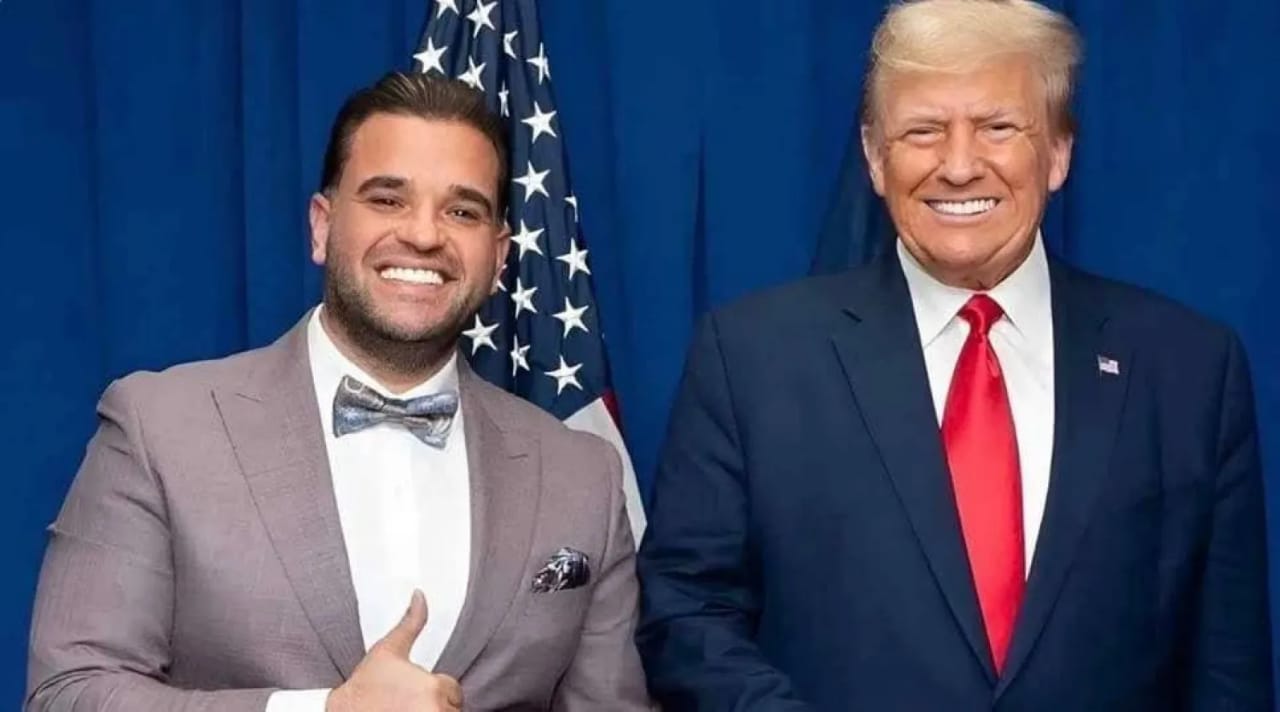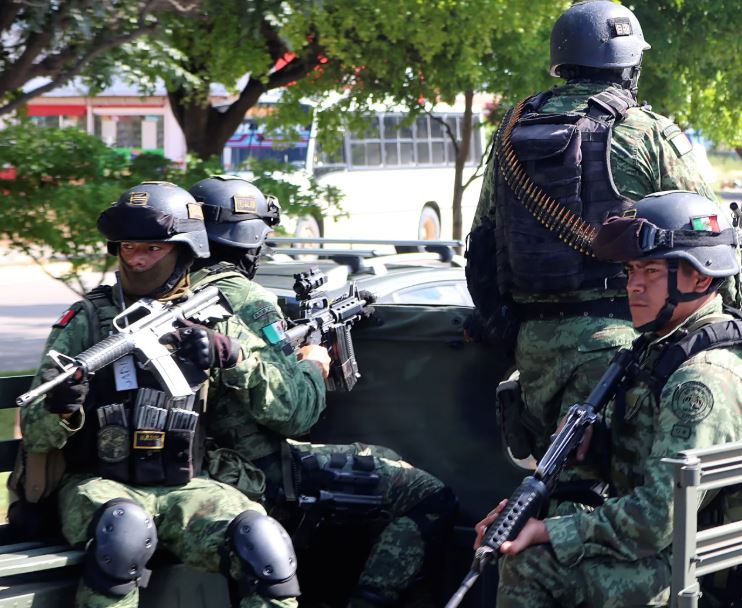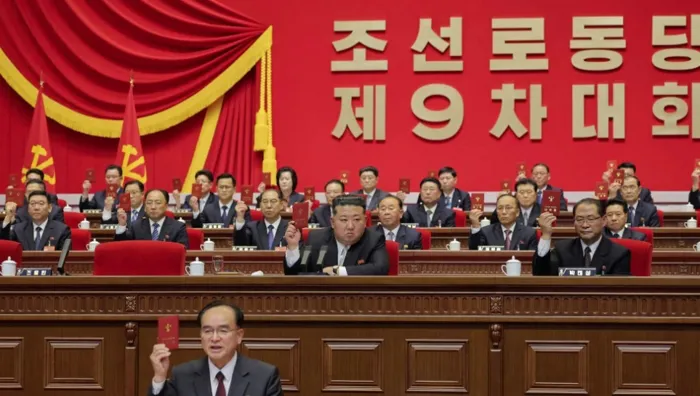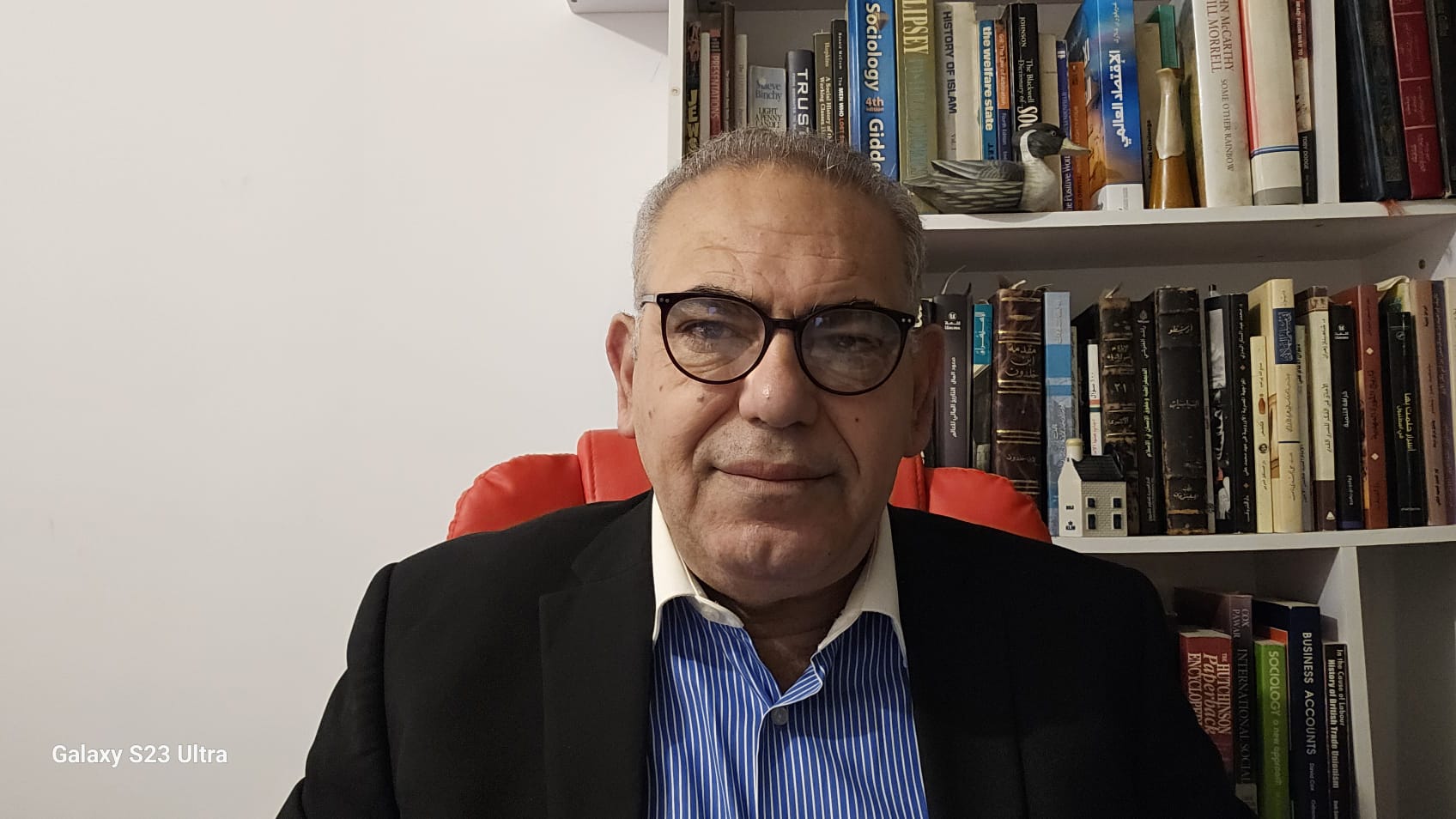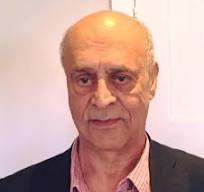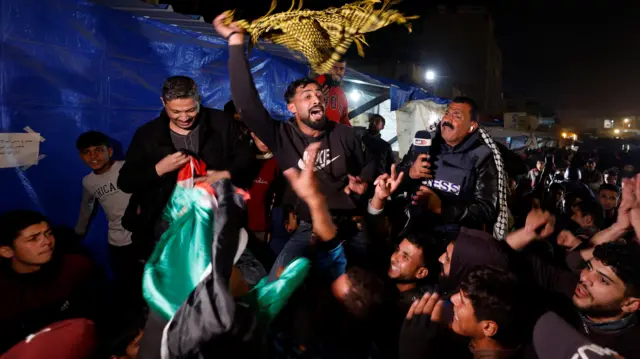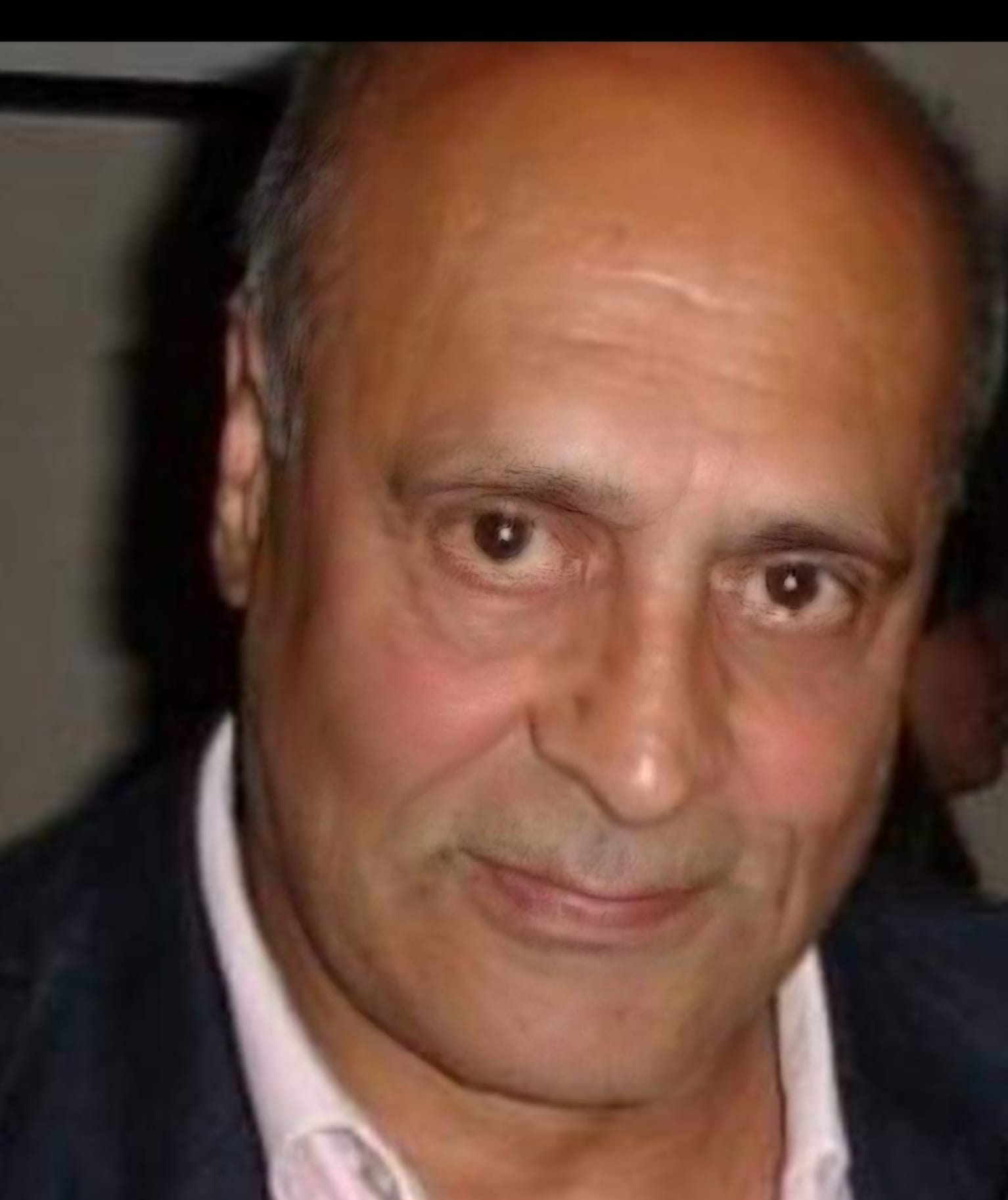Mohamed Al Otaify - cheif editor
War is the bitter, harsh solution, with consequences as scorching as the flames it leaves behind. The violations it inflicts on lives and infrastructure are hard to document, and the psychological effects of war are not easily healed, even by many years of peace.
Let's reflect together on how, with the technology and tools available today, the world can live in safety and peace, far from the wars whose negative impacts haunt one or two generations of people who have lived through its horrors. There is the human cost, the economic cost, and the humanitarian consequences. Not only that, but also geopolitical damage and long- and short-term repercussions, alongside the ethical responsibility.
When we observing human progress, we see that war is becoming increasingly vicious and vindictive, disconnected from a reality that has set forth vague, non-binding laws aimed at shortening the duration of wars and hastening negotiations between warring nations, whether they be states or groups.
Human thought has long focused on the ethics of war, a topic that remains present at the United Nations since ancient times. For example, St. Augustine (354-430) defined that war must be both ethical and just.
This thinking was later developed by Thomas Aquinas (1225-1274), whose ideas still serve as the ideal model to determine whether a war is just or unjust, including that powers must be evenly matched—though often they are not.
He also emphasized the necessity of avoiding unnecessary harm to civilians. Up until now, since the founding of the United Nations and its strong role in intervening in wars, that role has diminished, ending after the war in Cyprus in 1974. Back then, the UN intervened forcefully to stop wars by deploying troops capable of imposing ceasefires on the battlefield.
With the absence of this UN role, a growing imbalance has developed in the international system, with the five permanent members of the Security Council manipulating decisions between approval, objection, or abstention. As the international system weakens and rogue states emerge, the world is witnessing genocidal wars without any mercy, while the world watches, and the law of the strong dominates life.
Despit ,This occurs without intellectuals and academics intervening to find means and solutions to reduce the wars and destruction that damage nations and devastate both humans and infrastructure. Wars lead to the death and maiming of millions, both soldiers and civilians. Families lose their loved ones, and entire communities are sometimes destroyed as human losses.
War leaves deep psychological scars on individuals, with many suffering from post-traumatic stress disorder (PTSD) and depression due to the harsh experiences they’ve witnessed, such as killings, loss, and destruction.
During wars, crimes and violations against civilians increase, such as torture and rape. These crimes leave long-term psychological and social impacts on the victims.
Wars destroy roads, bridges, hospitals, schools, and other public facilities, making the rebuilding process very costly and time-consuming. Poverty and unemployment rise as many families lose their income due to war, with businesses closing and commercial activities halting.
Many workers are forced to migrate or join armies or armed groups, creating opportunities for extremism due to security vacuums or the collapse of state authority.
We see the world pulling us into contradictory international currents, preaching about environmental concerns and new energy sources, yet the reality contradicts this.
The use of chemical and biological weapons can leave devastating effects on the environment. Certain types of modern weapons, such as nuclear weapons, cause long-term radioactive contamination. In addition, bombings and explosions lead to changes in the atmosphere and local climate, potentially affecting crops and seasons.
This underscores the importance of avoiding armed conflicts and resolving disputes through peaceful means that enhance international cooperation and preserve human life and the environment. This is the role of intellectuals and academics shoulder to shoulder with the politician —to establish frameworks that limit war rhetoric, which leads to the destruction and ruin of conflict-ridden nations.
As I mentioned, "ethics in times of war" has not been addressed since Thomas Aquinas (1225-1274).
I conclude with an idea that, if built upon and considered in decision-making circles, could limit wars. That idea is: In the event of conflict between two countries, the state that does not adhere to the ethics of war should bear the cost of reconstruction for the state most affected by the war.
At the same time, the concept of a "just war" should be examined to assess the reasons and ethics behind the war to impose a judgment.
This could be one of the ways to reduce the occurrence of wars and encourage careful consideration before engaging in conflict for fear of punishment.
However, rebuilding nations after devastation sheds light on and reveals the most heinous humanitarian crimes of modern history, brought about by war and its horrors.
Nowday, We are now living in a time when many nations require reconstruction due to conflicts and wars.
These nations need internal peace, stability, and economic revival. They need the return of displaced people who have been uprooted for years by war.
We need a clear vision toward a new phase in our contemporary history, moving towards a world free from wars, where global and social peace plays a significant role in fostering development that champions ideas through the ethics of wartime in our modern life .

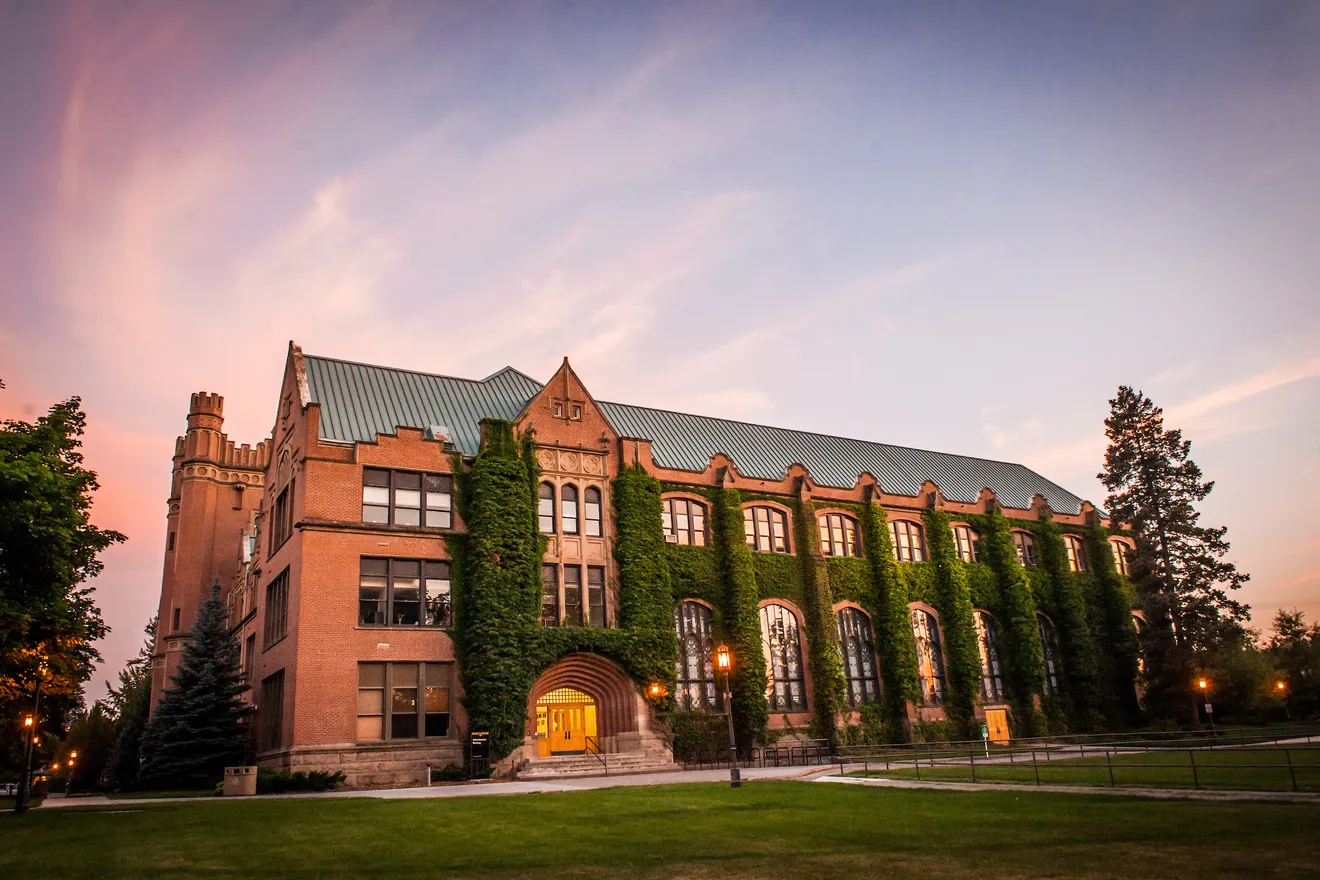
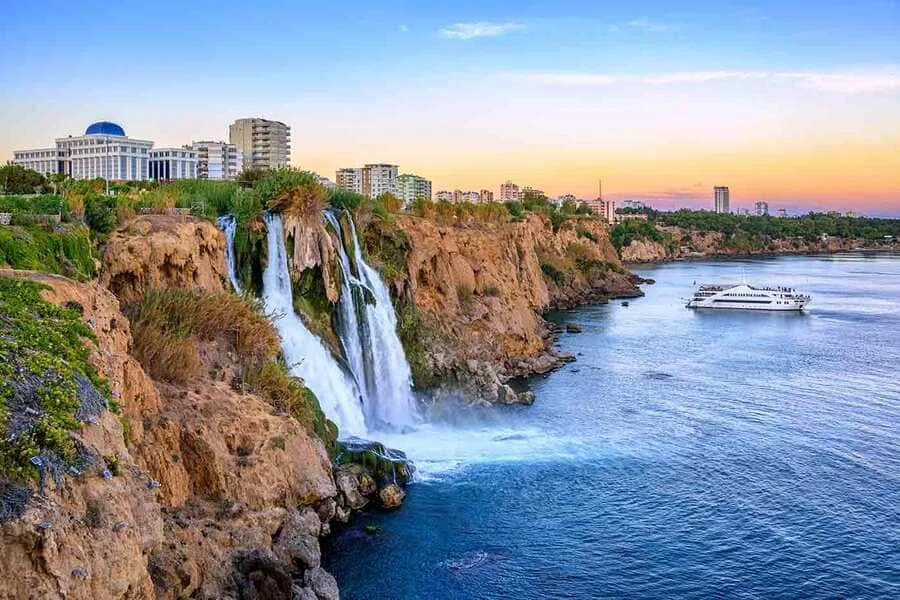
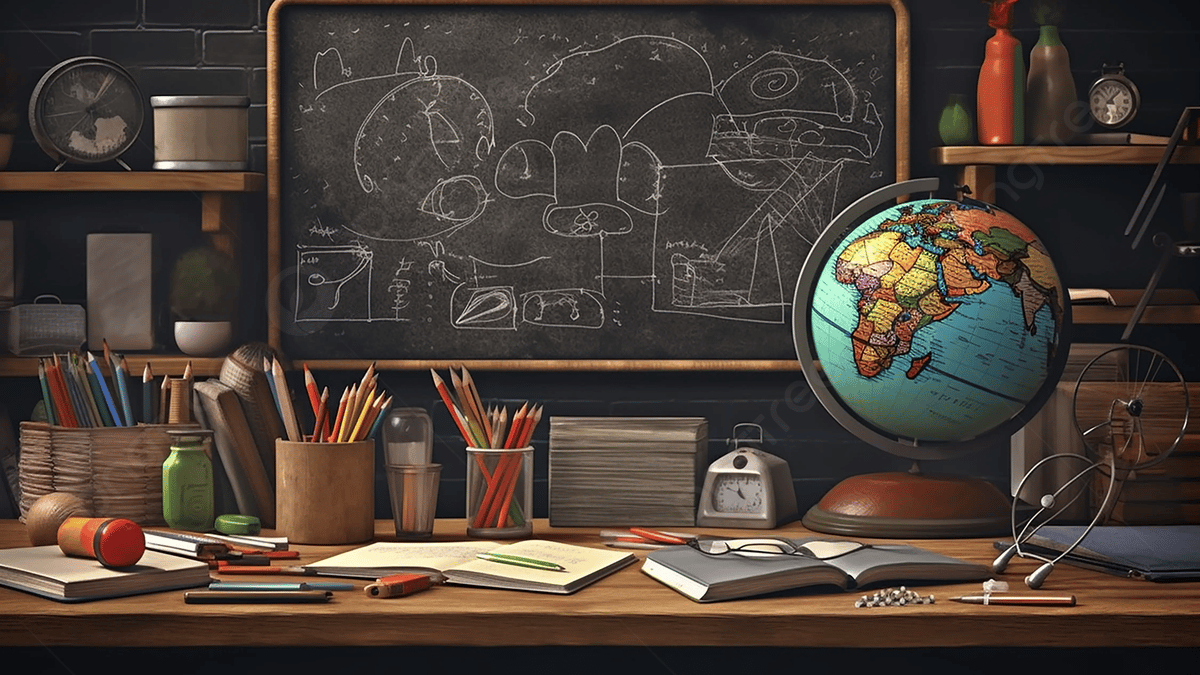
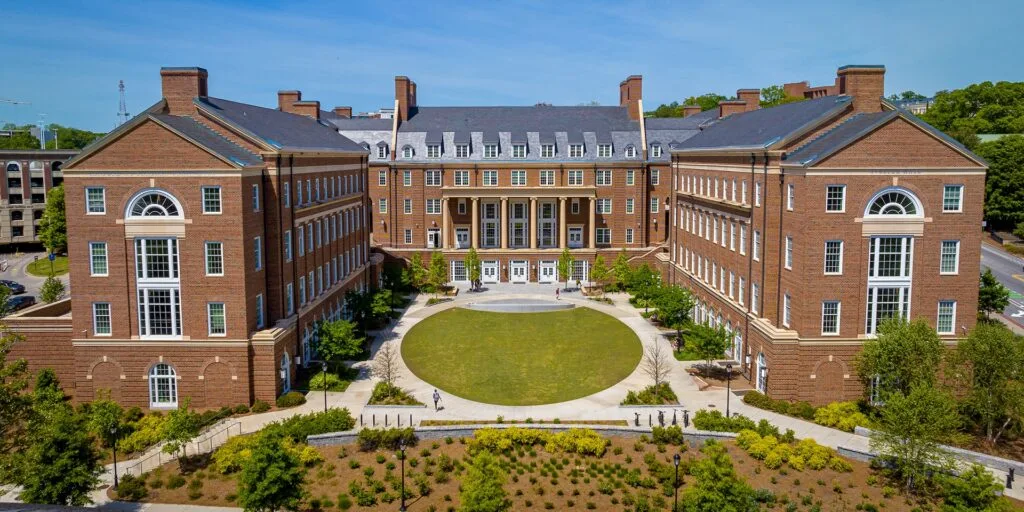



.png?locale=en)
